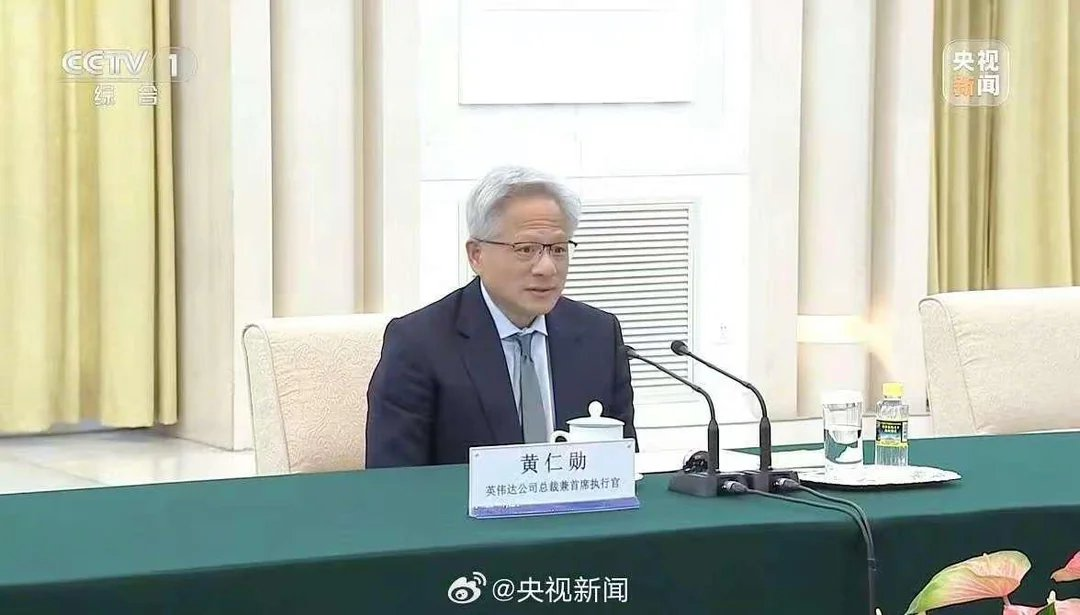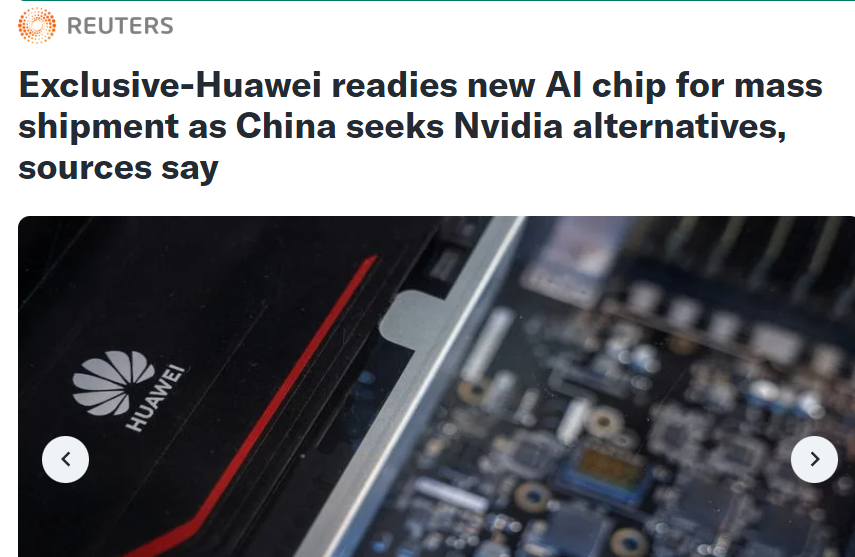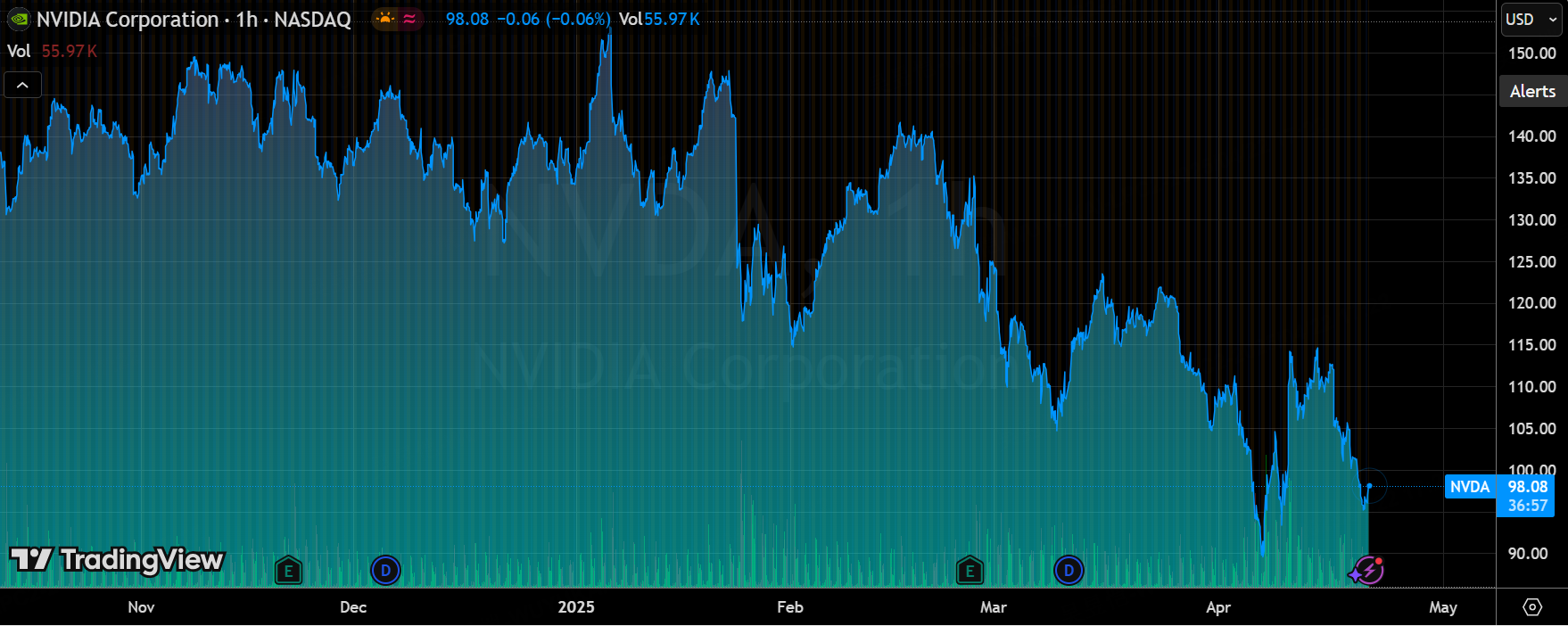The U.S. Congress has launched an investigation into the possible export of controlled AI chips from NVIDIA to Chinese company DeepSeek through Singapore, an event that has pushed the complex technology game between the U.S. and China, export control policies, and corporate response strategies to the forefront of public opinion.
Last week Jen-Hsun Huang came to China to visit, the specifications are quite high, the old Huang took off his leather jacket and put on a suit, it is obvious that he cares very much.So these two days there are rumors: NVDA will cooperate with DeepSeek to develop AI chips for China ......

The U.S. side asked NVIDIA to submit a list of customers who sold more than 499 AI chips to Southeast Asia and China during the 2010-2025 period by April 30th, and DeepSeek's communication records, the investigation intensity can be seen.
NVIDIA, for its part, claims to be in strict compliance with U.S. policy, saying that much of its Singapore revenue comes from subsidiaries of U.S. customers, and that the chips are ultimately shipped to the U.S. or Taiwan rather than to China. 2025 Q1 took a $5.5 billion loss on the sudden ban on the H20 chip, and its shares fell as a result.This financial impact highlights the plight of companies in response to policy changes.
In addition, last week, the Trump administration suddenly banned the export of H20 chips designed specifically for China, completely disrupting NVIDIA's plans.
Therefore, NVDA had to urgently adjust the supply chain, and at the same time seek to ease relations with China, before Huang Jen-Hsun urgently went to Beijing to meet with the China Council for the Promotion of International Trade (CCPIT) and clearly expressed the intention to continue business in China, an act that fully demonstrates the enterprise's difficult strategic trade-offs in the U.S.-China game.On the one hand, to deal with the U.S. government's ever-changing export control policies, on the other hand, it is difficult to part with China's huge market.
The reason why NVDA is still tired of running between two places is still because of
Worry about the rise of domestic alternatives: some companies, including Huawei, have begun to explore self-developed chips or optimized open-source solutions (910C, etc.), and many AI companies have begun to try to reduce their dependence on NVDA.If this trend takes shape, there is bound to be a set of "AI hardware-AI software" ecosystem in China, and NVDA obviously doesn't want to be sidelined.
Semiconductor raw materials - rare earth minerals, mainly from and China, if the competition between the two places is fierce, there may also be a raw materials embargo and other greater crisis. de de US policy has also been criticized by experts and the industry.
Experts and industry also criticized the U.S. policy. deVere Group CEO Nigel Green pointed out that the U.S. restrictions prompted companies to turn to China, forming a "parallel system", but weakened the U.S.'s own technological leadership. nvidia, as a publicly traded company, needs to be responsible for shareholders.China's huge market demand is something it can't easily give up.
In the short term, the market's pessimistic feedback on NVDA mainly stems from this.



Comments